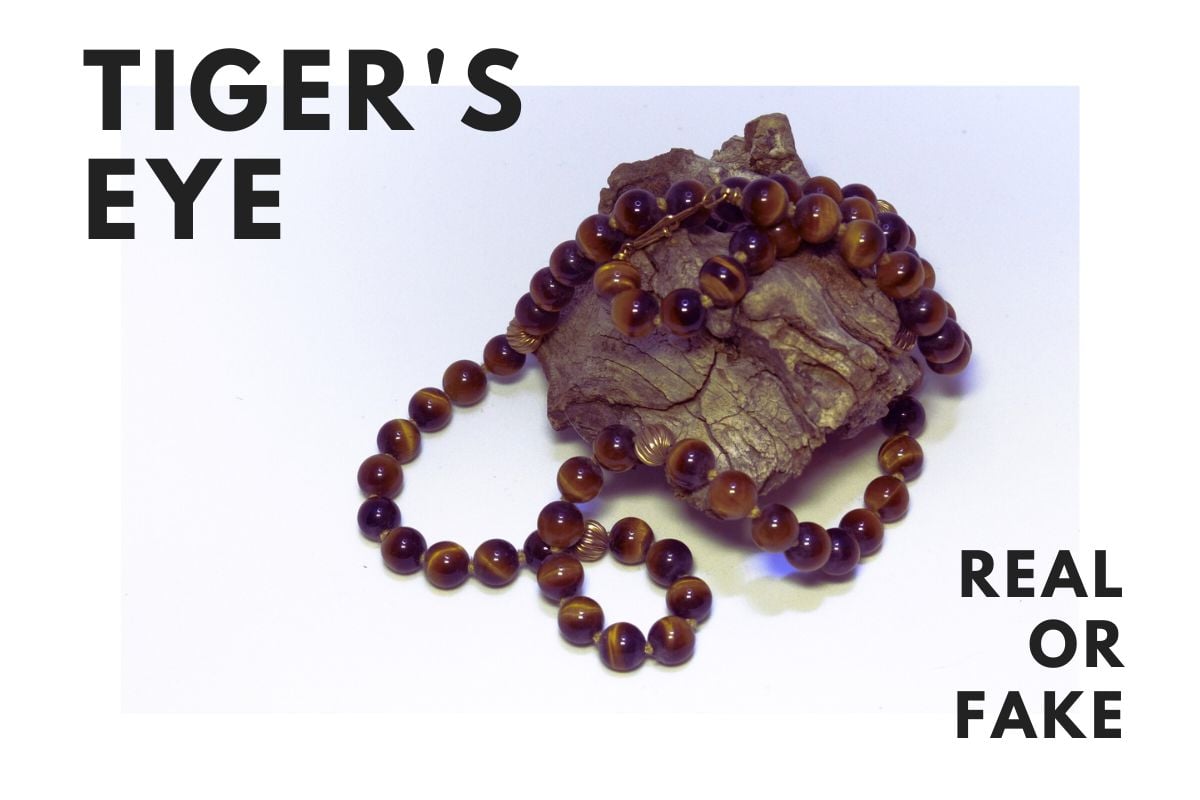Thinking of resizing rings when your ring is too big? Rings can sometimes shrink as it ages, making it more difficult for people to wear their rings properly. There are also some instances when a person gains weight, and the flesh around the fingers increases a little.
Since rings are fixed in their dimensions and do not adapt to the wearer’s finger size, tightening can often be observed after a few years. We are going to teach you how to measure ring size correctly and how to perform natural remedies on your rings, so they become wearable again.

Table of Contents
Ring Sizing Chart
The standard sizing for rings begins with a size 3 for the United States and Canada (F for UK, Europe, Australia), 4 for (China, Singapore, and Japan), 6 for Hon Kong, and 4 for Switzerland. Three measures 44.2 mm x 14.1 mm. As the measurement increases by 0.4 mm for the circumference and 2 mm for the diameter, you go up half a size in all of the charts.
The UK, Europe, and Australian system assign a ½ mark for each succeeding value, so a ring that measures 44.8 mm x 14.3 mm is F½. The ring sizing system for China, Singapore, and Japan assigns half steps as well. The same goes for Switzerland. Switzerland has a base count of 4, followed by 5¼, and so on.
How to Measure Ring Size at Home?

Here are some guidelines when obtaining your ring size at home:
- The objective is to get a comfortable fit, so there is some resistance, but the ring is not too tight that it causes pain. The ring must be able to slide over your knuckle, but not so quickly that it can slide off even when you don’t mean to.
- Ring sizing in the US begins with three and ends with 13.5. Men’s rings usually measure eight to fourteen, while women are much smaller at three to nine. While there are average values for ring sizes for men and women, it is always best to obtain the exact ring size so all your rings will be comfortable to wear.
- If you know that your knuckle is more significant than the average, it would be a good idea to buy a ring that is at least half a size bigger than what you think is your ring size. You must also take into account weight gain and aging, and how many years it has been since you have had your ring finger measured by a jeweler. Your old ring size may not apply anymore.
- Our body changes with temperature, so expect joints and tissue to expand and contract depending on whether it is hot or cold. This is the reason why you have to measure your ring finger at least four times on different occasions so you can get the most accurate measurement. You can also try to average the ring size if the values are drastically different.
- The easiest way to get the right measurement of a finger is by tying a piece of string or floss to it.
- When sizing rings, the current size matches the universal charts up to 0.4 millimeters. Every incremental increase of 0.4 millimeter moves the dial up on standard ring sizing charts.
- If you have a ring at home that fits you well, you can use this to compare your size to a standard chart.
- You can also buy a ring sizer – a ring sizer is an adjustable plastic ring with measurements printed outside. You slide it in and out to test which size is more comfortable for you. Jewelers have rings for each size, but to measure your finger at home, this solution is more convenient and also portable.
Free Printable Ring Sizer is available now, click here to download.
How to Resize a Ring at Home?

Method 1: Resize the Ring by Ring Size Adjuster (Easiest Way)
A ring size adjuster or ring snuggies is the safest and most convenient way to resize a ring without the need for drastic cutting and welding. A ring size adjuster goes around the bottom portion of a circle and adds much-needed girth to the metal so it would be able to grip your finger more tightly. Ring snuggies are excellent for rings that have become too loose and are in danger of slipping off as you go on your daily activities.
This type of adjuster is universal, meaning it fits most rings, including more full rings and those with flat tubing. They measure nine to ten centimeters, and they are also almost four inches long each. Ring snuggies are manufactured from PVC, and they are just excellent for sensitive skin. They are too soft and comfortable to wear.
A ring size adjuster is also transparent, so it won’t show that much when you wear the resized ring. Invisibility is critical if you don’t want the resizing to show. You can also make minuscule adjustments to the ring by adding more loops to it.
The more loops there are on the ring, the snugger and tighter the fit. Inversely, you can cut away some circles if you feel that the ring has become too comfortable. You have full control over the tightness of your rings once you have adjusted them.
Method 2: Welding Beads onto Ring
Other methods of ring resizing include welding beads onto the ring. The jeweler measures the amount of space needed to adjust the ring and then welds the dots.
The beads occupy sufficient space, so the ring doesn’t slip off the finger.
Method 3: Spring Insert
The third method is the spring insert. The spring insert prevents the collar from slipping off by acting as an obstacle to the finger’s joint. People state that this method of permanent adjustment is better than metal beads.
Method 4: Using the Sizing Bar
The fourth technique is much more straightforward – the sizing bar. This is simply a horizontal bar that consumes space within the ring, so the ring is no longer loose.
The sizing bar can be opened and closed at will because of its side hinge, so it moves like a door. It also has a tiny lock on the opposite side, so when you are ready to wear your ring, you can lock down the sizing bar tightly, and the ring won’t fall off.

More articles you may interest:
How to Measure a Right Size Of Bracelet From Your Wrist?
How to Measure a Fit-Sized Bangle from Your Wrist?
How to Measure the Hardness of Jewelry Wire?
How to Get a Ring Off Without Pain? 5 Easy Ways to Remove a Stuck Ring






